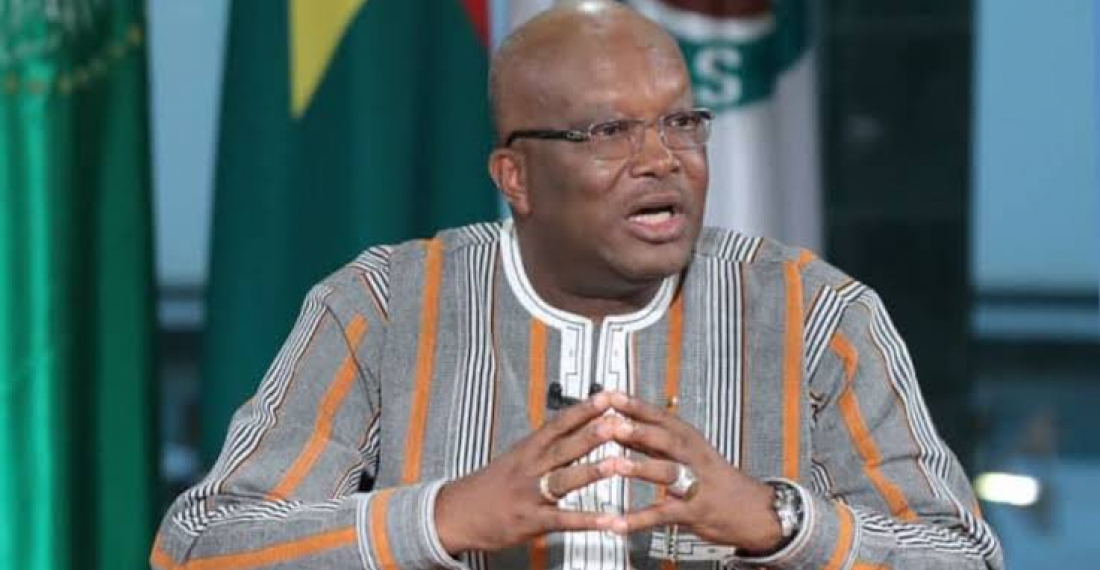President Roch Kaboré has been arrested and is being held by soldiers who initiated a coup d'état in Burkina Faso. Media reports say that the military, frustrated by the inability of the government to address the attacks by radical Islamic militants, initiated the coup. The soldiers say president Kaboré is not supporting the army sufficiently thus the need for a military regime. Sources close to the military say the president is being held in a safe place.
A list of demands presented by soldiers made no mention of trying to oust Kaboré, instead demanding an improved anti-jihadist strategy, more support for troops, the wounded and their families.
“We want adequate resources for the battle” against Islamist extremists, a soldier from the Sangoulé Lamizana base in Ouagadougou said in a voice recording received by Agence France-Presse.
Earlier this month several soldiers were arrested on charges of plotting a coup. A few days ago, protestors in the capital, Ouagadougou, expressed support for the army and demanded Kaboré's departure.
On Sunday (23 January), the government quickly denied rumours of a coup despite gunfire being heard at several military bases. A curfew was imposed from 8 pm “until further notice”. This morning, however, armoured vehicles belonging to his presidential guard were seen covered in bullets and the seats soaked in blood, near the president’s residence. Gunfire was also heard at several military barracks.
Reporters on the ground are still waiting for an official statement from either the government or the military.
Reporters on the ground are still waiting for an official statement from either the government or the military.
In office since 2015, Roch Marc Christian Kaboré was re-elected in 2020 on his pledge to make the fight against jihadists his priority.
However, he and his government have since been accused of inaction as civilians and soldiers continue to be killed by the militants, some of whom are linked to the Islamic State and al-Qaeda.
The president has been the target of regular street protests for weeks, demanding his departure. More than one million of the country's 21 million inhabitants are considered internally displaced.
Source: commonspace.eu with NOS (Hilversum) and the Guardian (London) and France 24 (Paris).
Picture: Burkina Faso's president Roch Kaboré; Twitter: @AfricaFactsZone.






